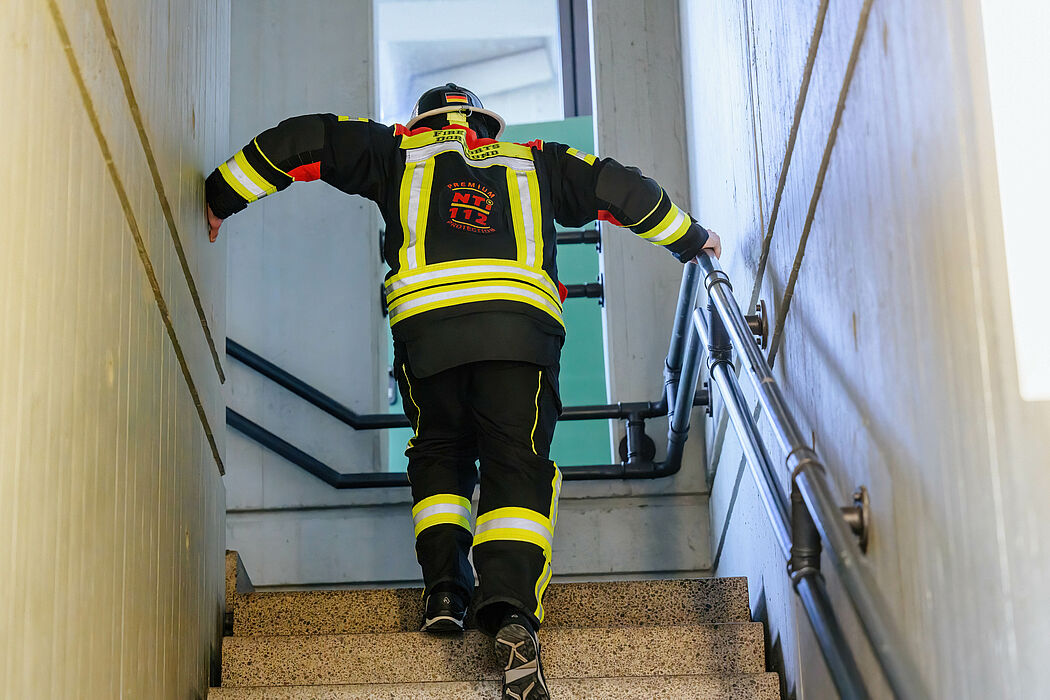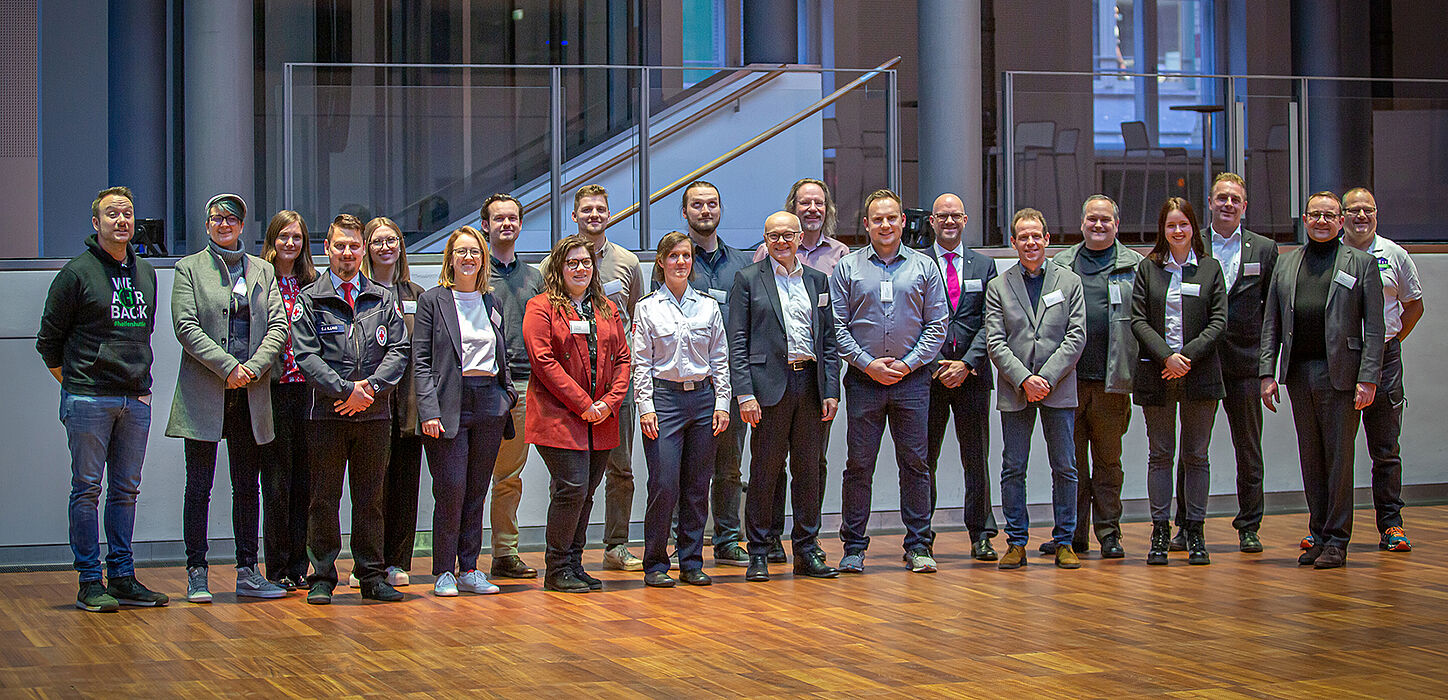Paderborn University involved in a joint project
After a disaster such as a severe flood or earthquake, many people want to provide spontaneous help. Ways to coordinate this readiness to help quickly and deploy it in as target-oriented a way as possible are being investigated by partners from academia, business, administration and the general public as part of a new project financed by the Federal Ministry of Education and Research (BMBF). The KatHelfer-PRO project (‘coordinating spontaneous volunteers in crises and disasters’) involves an interdisciplinary team working on a digital solution to coordinate volunteer helpers. The BMBF is providing this project, which launched in January, with around 2.4 million euros of funding over the next two years as part of the ‘Innovation in application – practical flagships for civil security’ funding initiative. For this, Paderborn University (Department of Information Systems) is joining forces with its partners T-Systems (coordinator), the Martin Luther University of Halle-Wittenberg, the University of Stuttgart, Fraunhofer FOKUS, Malteser Hilfsdienst and DRK KV Berlin Schöneberg-Wilmersdorf.
An app for disasters
The flooding of the Ahr valley, the coronavirus pandemic, and caring for Ukrainian war refugees are all recent examples of large-scale situations that prompted thousands of volunteers to spontaneously offer help. However, thus far, there is a lack of suitable tools enabling public safety authorities and organisations (such as the police, fire service or ambulance service) to optimally integrate and coordinate this help. ‘KatHelfer-PRO’ is seeking to change this – using intelligent algorithms and an app. Networking with operational control centres should enable volunteers to be incorporated into the work of professional emergency personnel.
‘Ensuring civil security in Germany requires increased use of digital innovations. With “KatHelfer-PRO” we wanted to provide digital operational support that enables coordinated communications between volunteers, operational control centres, and emergency personnel’, explains Professor Guido Schryen, the project’s manager at Paderborn University and Chair of Management Information Systems and Operations Research. State-of-the-art technologies, combined with experiences and research findings gained in recent years, should enable this to quickly be put to practical use.
Operational support system that can be used nationwide
To avoid inconsistent, local, individual solutions that are technically incompatible, the team is working on a nationwide digital system that will enable flexible integration into the relevant leading systems.
‘In the future, this new system should enable volunteers to be provided with information within a very short space of time. It should also enable them to be assigned tasks that match their skills and availability’, the Paderborn researcher explains. As a specific example: in the event of a crisis or catastrophe, the system uses an optimization algorithm to automatically match up supply and demand. This will take account of factors such as maximum working and rest hours, site utilisation, and travel time. Helpers then receive precise details of the type and location of their deployment via the app, along with accompanying information.
Numerous project partners working closely together
The project’s main partners are being supported by more than 20 associate partners. These include the Workers’ Samaritan Foundation (ASB), Johanniter Unfall-Hilfe, the German Federal Office of Civil Protection and Disaster Assistance, the Berlin fire department, the city of Halle (Saale), the city of Cottbus, the district of Ahrweiler, Helfer-Stab, the Senate Department for the Interior, Digitalisation and Sport for the city of Berlin, the Ministry of the Interior and Sport for the state of Saxony-Anhalt, TÜV Rheinland Industrie Service, and other universities and commercial enterprises.



![[Translate to English:] [Translate to English:]](/fileadmin/_processed_/4/3/csm_UPB_Prof._Dr._Guido_Schryen_klein_0a6cb440d6.jpg)
